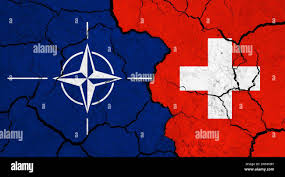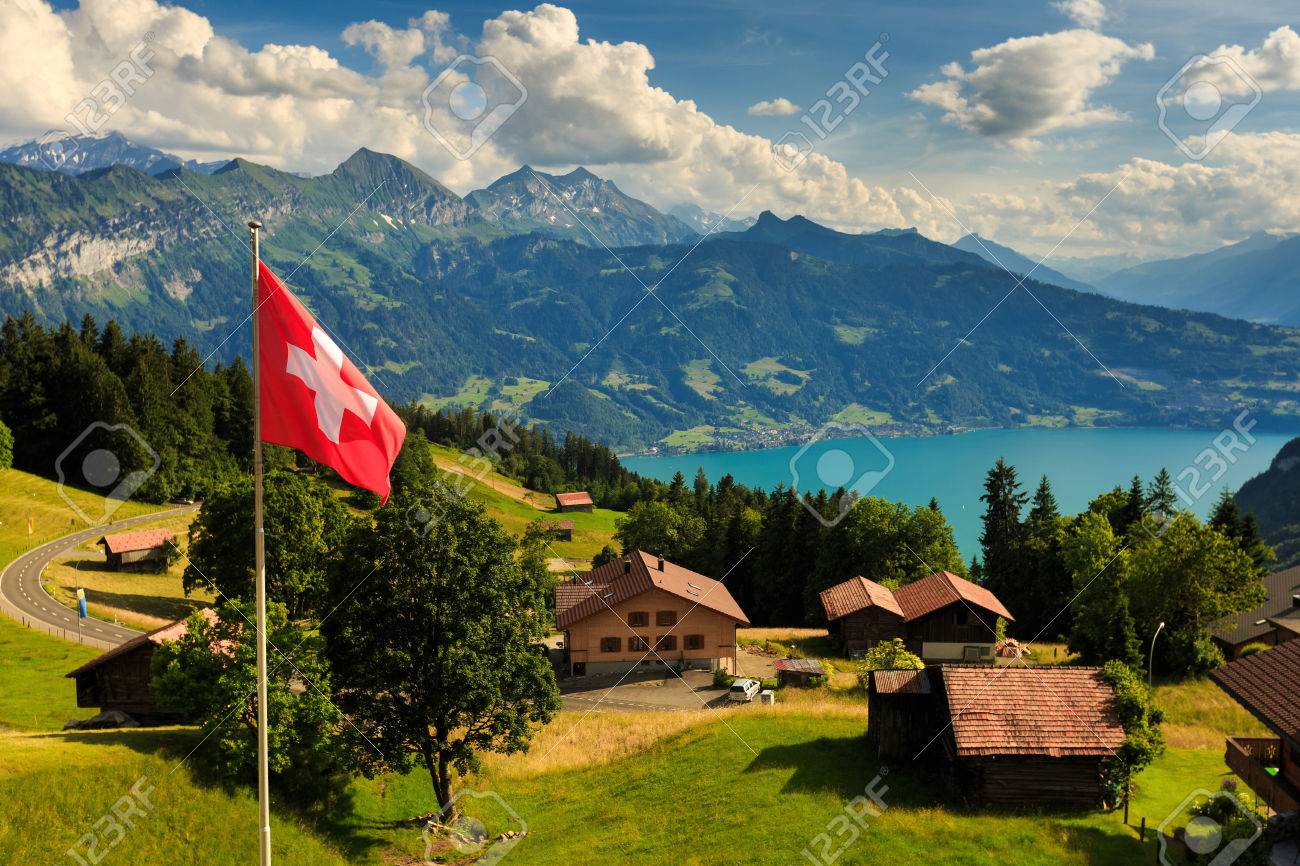 Neutral Austria and Switzerland have joined a German-led initiative to upgrade Europe’s air defences, in a rare military team-up with more than a dozen Nato countries. The two Alpine countries will take part in a buyers’ club called the European Sky Shield Initiative, which plans to jointly purchase off-the-shelf weapons such as US or Israeli missiles.
Neutral Austria and Switzerland have joined a German-led initiative to upgrade Europe’s air defences, in a rare military team-up with more than a dozen Nato countries. The two Alpine countries will take part in a buyers’ club called the European Sky Shield Initiative, which plans to jointly purchase off-the-shelf weapons such as US or Israeli missiles.
Since the war in Ukraine, and the accession of Finland last year and once-neutral Sweden next in line to join, there has been much debate in Switzerland about a rapprochement with NATO, and the move has found support in almost all political camps. The question is how close this cooperation should be.
Switzerland is officially neutral and is not a member of NATO, the military alliance of 31 States
But neutral Switzerland’s wants to achieve “closer, institutionalised cooperation” with defence alliance NATO. Since 1996, it has taken part in NATO’s Partnership for Peace Programme This involves bilateral military cooperation and sharing of information and experiences. There are no binding legal obligations, such as collective defence.
The armed forces have taken part in the NATO-led international pacekeeping force in Kosovo since 1999. This has triggered Swiss politicians across the spectrum: some on the left have denounced the militarisation of Swiss foreign policy, while others on the right claim it undermines neutrality.
Switzerland considering closer ties to the military alliance
A few weeks after the invasion, Thierry Burkart, president of the centre-right Radical-Liberal Party, argued in the Neue Zürcher Zeitung (NZZ) that it was time for “the end of hedgehog Switzerland”, which just rolls up into a spiky ball when in trouble but does nothing when other countries are attacked. “Switzerland’s security policy is at an impasse,” he wrote. Soon afterwards Burkart’s Radical-Liberal colleague Damien Cottier wrote in the daily ‘Le Temps’ that Switzerland was fortunately not at risk of aggression from its immediate neighbours: a “barrier” of NATO member states separated it from Russia. “But the hope that we will be protected free of charge is a dangerous pipe dream. Our country cannot be a freeloader when it comes to European security,” he said.
The new president Viola Amherd
The country gained its first female defence minister, Viola Amherd, in 2019 . She has made it her priority to recruit more women into the military and is aiming for 10% female staff in 10 years. Drafting women into the army might become an issue soon. At the highest level, in March 2023, Viola Amherd
became the first Swiss defence minister ever to take part in NATO’s North Atlantic Council. In a bilateral meeting in Brussels, Nato’s Secretary General Jens Stoltenberg told Viola Amherd that Switzerland’s neutrality was not an obstacle to working with NATO, and he welcomed Bern’s commitment to deepening cooperation with the alliance. The two also met at the World Economic Forum (WEF) in the Swiss resort of Davos.
The price to pay for this rapprochement
The compromises Switzerland would have to make to gain access to NATO’s protection, including its “nuclear umbrella”, are unclear. But, according to Le Temps, when they met in Brussels, Stoltenberg urged Amherd not to sign and ratify the UN Treaty on the Prohibition of Nuclear Weapons(TPNW). Pressure from NATO, including from three of its members – the U.S, Britain and France – was said to be very strong.
Switzerland and NATO - Flirt yes, marry no!’”
Never say never, but at the moment it seems highly unlikely. “Switzerland is not interested in NATO membership; we simply don’t need it,” Lea Schaad, a security researcher at the federal technology institute ETH Zurich told SWI swissinfo.ch. “Not only is there no reason for us to join – membership would even be a disadvantage: we would lose our neutrality.”Lea Schaad believed NATO was more interested in Switzerland remaining a place where diplomacy could be conducted. “Other countries benefit from having a neutral state where meetings can be held. Geneva wouldn’t be Geneva were Switzerland in NATO,” she said. Indeed, Swiss membership of NATO is out of the question, according to the defence ministry. “NATO membership is not compatible with Swiss neutrality,” declared spokeswoman Carolina Bohren in 2022. “If Switzerland were the subject of an armed attack, neutrality would be null and void.” Switzerland would not only be allowed to defend itself militarily, she said, it could also join forces with other countries, for example with neighbouring states.
For its part, NATO says membership is open to “any other European state in a position to further the principles of this [Washington] Treaty and to contribute to the security of the North Atlantic area”.
“All I’m saying is that under the current circumstances, there shouldn’t be any bans on thinking,” said the President of one of the largest associations of Swiss soldiers after he said he no longer ruled out Switzerland joining NATO ;“Of course, armed neutrality is part of Switzerland’s DNA. However, we’ve been involved in the NATO Partnership for Peace programme since 1996 and in the peacekeeping mission in Kosovo under NATO command since 1999. We should see our security system in a broader context.”When asked what form this could take, he gave the example of integrating Swiss air defence into the NATO air defence system and its command and communication structure. “That would be a rapprochement with NATO but not accession,” he said. “To put it somewhat crudely: ‘Flirt yes, marry no!’”
Surveys repeatedly show that the Swiss public agrees, with most Swiss wanting closer ties with NATO but drawing the line at becoming a member. Time will tell whether the Swiss government manages to please everyone, anyone or no one.
“As long as there are international conflicts, neutrality has a future,” says Pascal Lottaz.  “The big question is how we can apply it to advance peace.” “Neutrality is always successful when it either serves the interests of all parties, or at least doesn’t appear as an existential threat to any of them,” says Pascal Lottaz.
“The big question is how we can apply it to advance peace.” “Neutrality is always successful when it either serves the interests of all parties, or at least doesn’t appear as an existential threat to any of them,” says Pascal Lottaz.
B.C. with Thomas Stephens – from SWI swissinfo.ch
February 2, 2024
